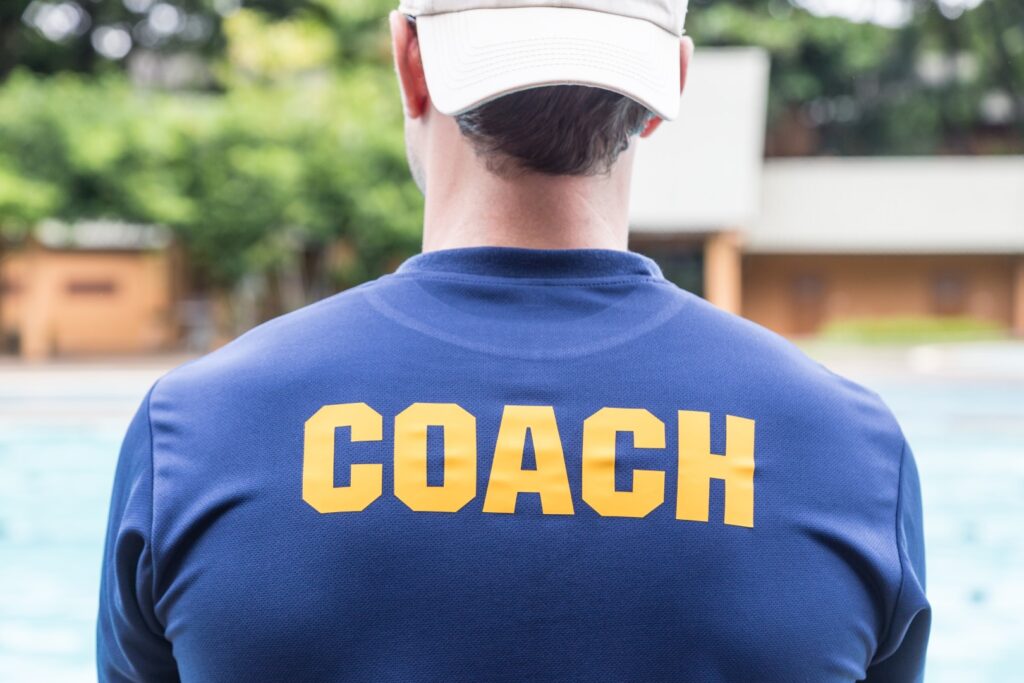Coaching is an art that requires a combination of skills, knowledge, and personality traits. A great coach is not only a master of the game but also a leader, mentor, and motivator. They have the ability to inspire and bring out the best in their players while simultaneously pushing them to achieve their full potential. In this blog, we will explore what makes a great coach and how they can impact their teams and players.
Knowledge and Expertise
One of the fundamental requirements for a great coach is knowledge and expertise. A great coach must have a thorough understanding of the sport they are coaching, including the rules, strategies, and techniques required to be successful. They must also stay up-to-date with the latest developments in the sport, including changes in the rules and new training techniques.

Communication Skills
Another crucial aspect of coaching is communication skills. A great coach must be able to effectively communicate with their players, both individually and as a team. They must be able to provide clear instructions and feedback, as well as listen to the concerns and ideas of their players. Good communication also helps to establish trust and build a strong team dynamic.
Leadership and Management Skills
A great coach must also possess strong leadership and management skills. They must be able to motivate their players and create a positive team culture that fosters hard work, dedication, and resilience. They must also be able to manage the team’s resources effectively, including budgets, equipment, and staff.
Emotional Intelligence
Another important trait of a great coach is emotional intelligence. They must be able to understand and manage their own emotions, as well as those of their players. This helps them to build strong relationships with their players and respond appropriately to different situations.
Ability to Adapt
A great coach must also be able to adapt to different situations and challenges. They must be able to adjust their coaching style based on the needs and strengths of their players, as well as the demands of the game. This requires flexibility and a willingness to try new approaches.

Ability to Teach
Coaching is fundamentally about teaching. A great coach must have the ability to break down complex concepts and techniques into simple, actionable steps. They must be able to provide clear, concise instructions that are easy to understand and follow. This helps their players to develop their skills and confidence, which in turn contributes to their overall success.
Passion and Commitment
Finally, a great coach must have a deep passion for the sport and a commitment to their players’ success. This passion is contagious and helps to motivate their players to work harder and strive for excellence. It also helps to create a strong team spirit and a shared sense of purpose.
In conclusion, coaching is a complex and multi-faceted art that requires a combination of skills, knowledge, and personality traits. Great coaches possess a deep knowledge and understanding of the sport, strong communication skills, effective leadership and management skills, emotional intelligence, adaptability, the ability to teach, and a deep passion and commitment to their players’ success. Whether you are a coach or a player, understanding these qualities can help you to identify and appreciate the great coaches in your life and to strive for excellence in your own coaching or playing career.

